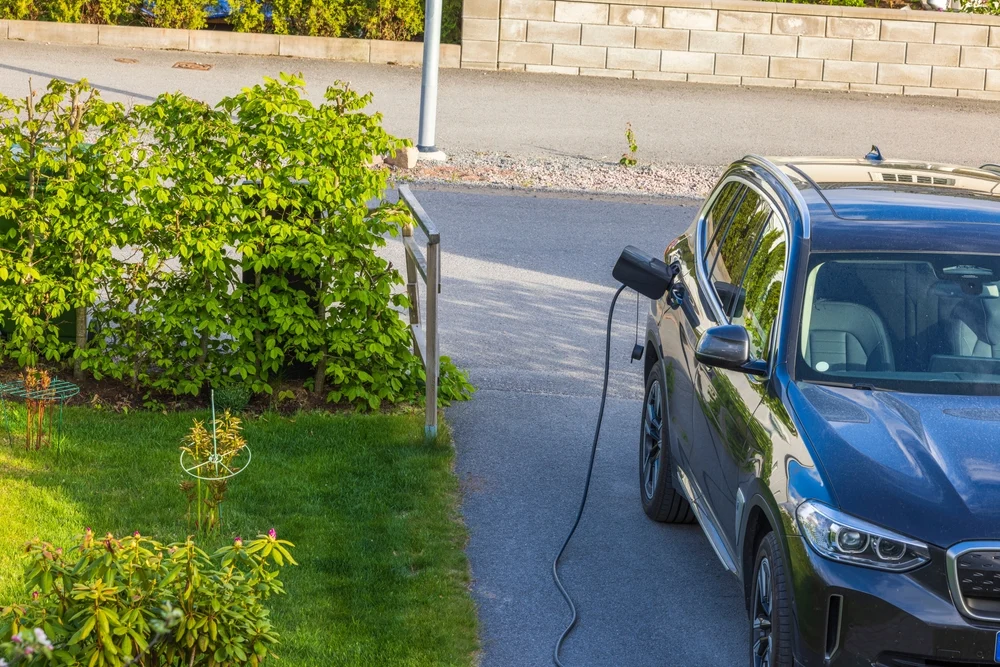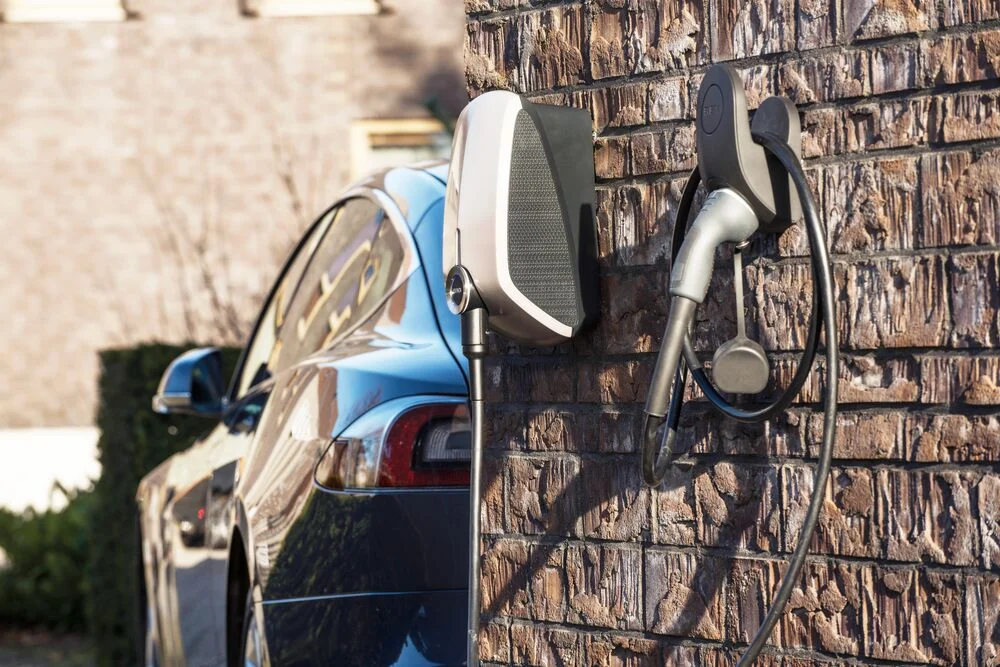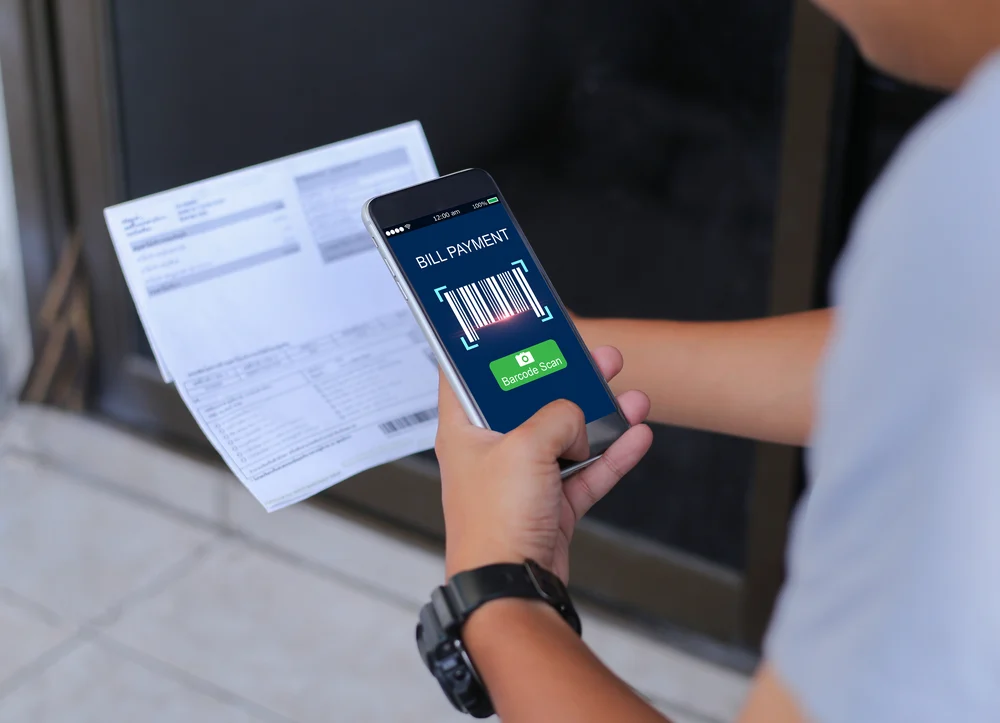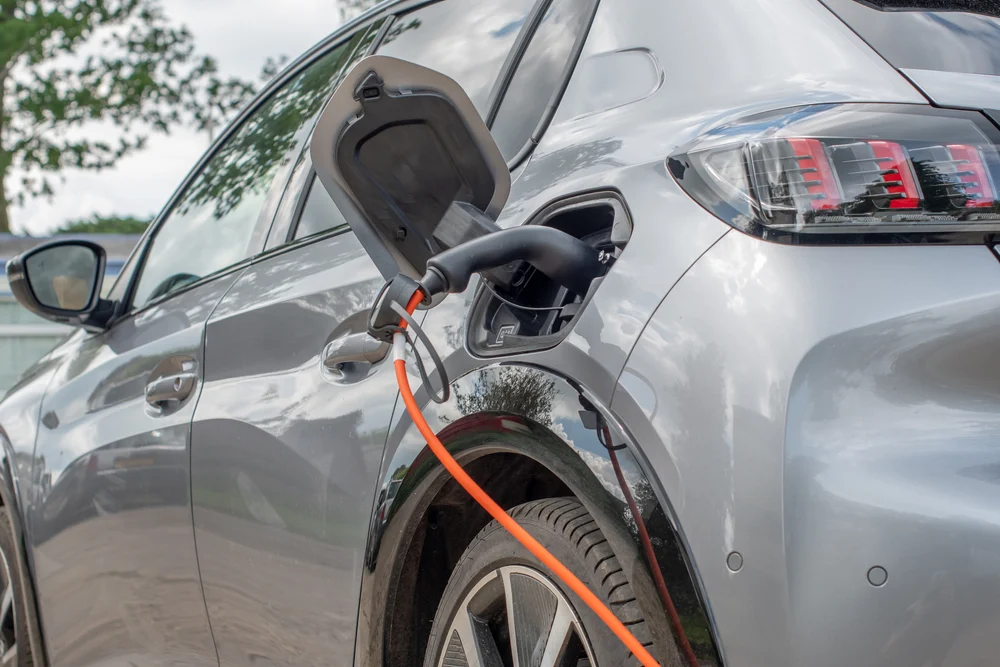As the world moves toward more sustainable transportation, electric vehicles (EVs) have become a major part of modern mobility. Not only are EVs a more eco-friendly option, but they also provide a smooth and enjoyable driving experience. Many drivers appreciate the convenience of charging their cars at home, making it easier to adapt to this new way of traveling. It’s no surprise that installing a home charger has become a top priority for many EV owners. These stations are more than just simple charging units—they often come with advanced features that allow users to manage their charging sessions in a smart and efficient way. A common question people ask about smart chargers is whether they can help reduce costs, especially with energy prices reaching all-time highs globally. This article explores how smart charging features can or cannot impact your electricity bill, offering insights into real-world savings. Smart EV charging refers to technologies that connect your car, the charger, and your home. These systems offer greater control, better energy management, and insights into your usage. As smart charging becomes more widespread, driven by both consumer demand and government policies, it's becoming an essential feature for many EV owners. Smart charging offers numerous benefits, from monitoring energy use to protecting your home’s electrical system. While cost-saving is a big concern for many, the answer isn’t straightforward—it depends on how you use the technology. This article dives deeper into the different features and how they can help you save money over time. Understanding how much energy an EV uses is key to managing your electricity costs. On average, an EV consumes about 200 watt-hours per kilometer. Based on typical annual mileage, that translates to roughly 2,480 kWh per day. To put that into perspective, it’s similar to running a dishwasher for two hours daily. Note: These figures are estimates and may vary depending on driving habits and vehicle efficiency. Charging an EV without smart features can add to your monthly electricity bill. For example, using the EU average price of 23.69 cents per kWh, you could expect an additional €18 per month. In the U.S., where rates are lower, the cost might be around $11.50 per month. Note: These numbers are illustrative and may not reflect actual situations. Yes, smart charging can help reduce your electricity costs—depending on how you use it. The technology allows you to charge during off-peak hours, use renewable energy, and even sell power back to the grid in some cases. Let’s explore how each feature contributes to cost savings. Some smart features are already available, while others are still in development. Here are some ways smart charging can help you save: Smart chargers give you insights into your energy use and allow you to schedule charging during cheaper periods. Many utility companies offer lower rates at night, so using this feature can significantly cut your bill. Many smart chargers can integrate with solar panels, allowing you to charge your EV using clean energy. This not only reduces your reliance on the grid but also helps lower your overall energy costs, especially as traditional energy prices rise. V2G technology lets your EV feed energy back into the grid, acting as a temporary storage unit. This can help balance energy demand and even earn you incentives from your utility provider. This feature ensures your EV doesn’t overload your home’s electrical system. It automatically adjusts the power drawn by your car, preventing potential outages and saving you from costly upgrades to your meter box. With energy prices rising and the push for greener solutions, smart EV charging is more relevant than ever. Whether you're looking to save money or reduce your environmental footprint, these technologies are shaping the future of electric mobility. If you’re thinking about installing a home charger, consider exploring the full range of smart features available. You might find that smart charging is more than just convenient—it’s a smart investment for your future. Gm Harmonic Balancer,Gm 5.3 Harmonic Balancer Puller,Gm Harmonic Balancer Puller,5.3 Harmonic Balancer Puller Ningbo Maixun International Trade Co., Ltd , https://www.nbmachinery.com
What is Smart EV Charging?

Benefits of Smart EV Charging
How Much Electricity Does an EV Need?

What’s the Cost of Charging Without Smart Features?

Can Smart Charging Help Lower Your Bill?
How to Save Money with Smart EV Charging
Electricity Cost Management

Sustainable Energy Use
Vehicle-to-Grid (V2G)
Dynamic Load Balancing

Can you save money with a smart EV charging station?
As the world moves toward more sustainable transportation, electric vehicles (EVs) have become a major part of modern mobility. Not only are EVs a more eco-friendly option, but they also provide a smooth and enjoyable driving experience. Many drivers appreciate the convenience of charging their cars at home, making it easier to adapt to this new way of traveling. Gm Harmonic Balancer,Gm 5.3 Harmonic Balancer Puller,Gm Harmonic Balancer Puller,5.3 Harmonic Balancer Puller Ningbo Maixun International Trade Co., Ltd , https://www.nbmachinery.com